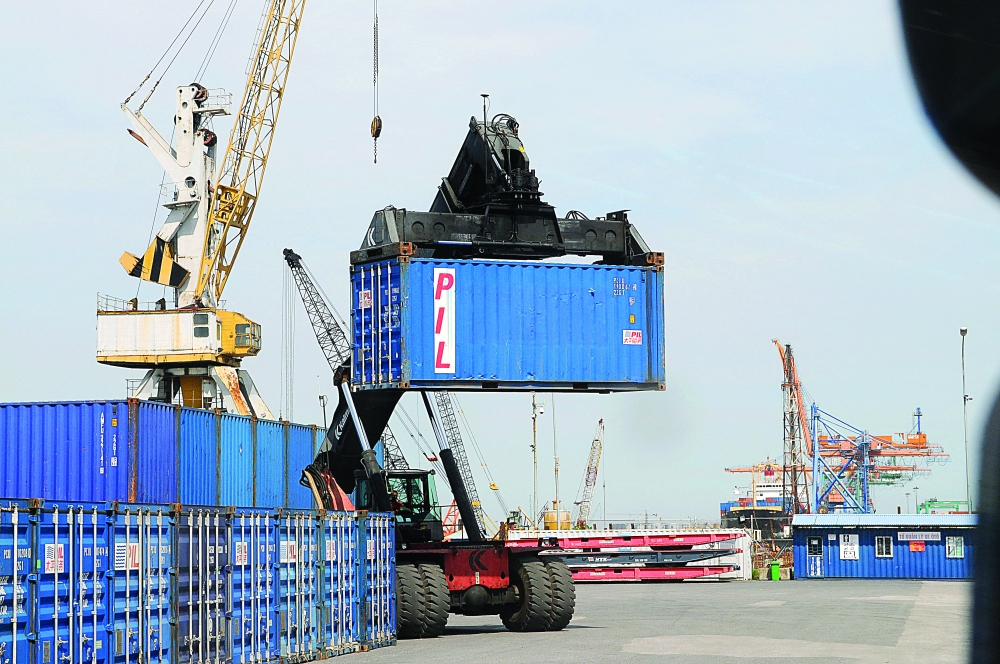ASEAN targets 2020 RCEP signing despite Indian obstacle
Vietnam, in its role as ASEAN Chair in 2020, will continue to coordinate with regional countries to advance negotiations on the Regional Comprehensive Economic Partnership (RCEP) toward a successful conclusion and signing in late 2020.

Persuading India to return to the negotiating table
Through many rounds of negotiations, the 10 ASEAN member states and its allies seemed to be nearing agreement on RCEP. However, the situation has become more complicated since the third RCEP Summit in November 2019 after India suddenly declared it could not participate in the trade deal because its concerns were not being satisfactorily addressed.
ASEAN member states and other partner countries have since ramped up efforts to resolve India’s outstanding issues and concerns, aiming to sign the trade deal later this year. However, since the third RCEP Summit, India has not sent representatives to participate in the negotiations.
At the March 11 ASEAN Economic Ministers Caucus Meeting on RCEP in the framework of the 26th ASEAN Economic Ministers’ Retreat in the central city of Da Nang, ASEAN continued to discuss solutions to India’s problems.
Pak Iman Pambagyo, chairman of the RCEP Trade Negotiating Committee, said ASEAN is determined to bring India back to the table. “We will accomplish this goal by 2020, when Vietnam is the ASEAN Chair. We have reached a high consensus among members who have been very active in negotiating and seeking solutions to handle problems in order to sign the agreement this year,” Pak Iman Pambagyo said.
Positive signal
RCEP, negotiations on which were launched in November 2012, includes the 10 ASEAN members, as well as China, India, Japan, the Republic of Korea, Australia and New Zealand. The trade deal is expected to strongly promote the development of regional and global value chains, helping to further strengthen participants’ economic development. Once signed, the deal will create the largest free trade area in the world with around 3.56 billion people, accounting for one-third of global gross domestic product (GDP).
Given the obstacles of trade protectionism facing international and regional economies, the successful negotiation of the trade deal will contribute to the creation of a new trade structure in the region, helping push globalization towards liberalization and trade facilitation in a sustainable manner.
ASEAN Secretary-General Lim Jock Hoi called on ASEAN economic officials to redouble efforts to accelerate the signing of the trade deal. He also expressed his hope that after this meeting, the concerned parties would be able to finalize all necessary documents in May and sign the trade deal in October.
Minister of Industry and Trade Tran Tuan Anh said that among the parties participating in RCEP, India has not yet reached agreement on market opening with its partner countries, mainly China, and also has some internal issues that need further negotiation. Although there have been more positive updates, RCEP member countries need to make greater efforts, he added.
ven.vn
TAGS
- export
- trade
- customs
- export import
- import-export
- rice export
- shrimp export
- logistics
- vietnam export
- import
- economic
- trucking
- imports
- shipping
- exports
- fruit import
- deficit
- business
- key export
- international trade
- eu trade
- membership in asean
- tuna export
- fibre, yarn export
- export to algeria
- import export vietnam thailadn trade
- businesses
- mobile phones export
- cargo container
